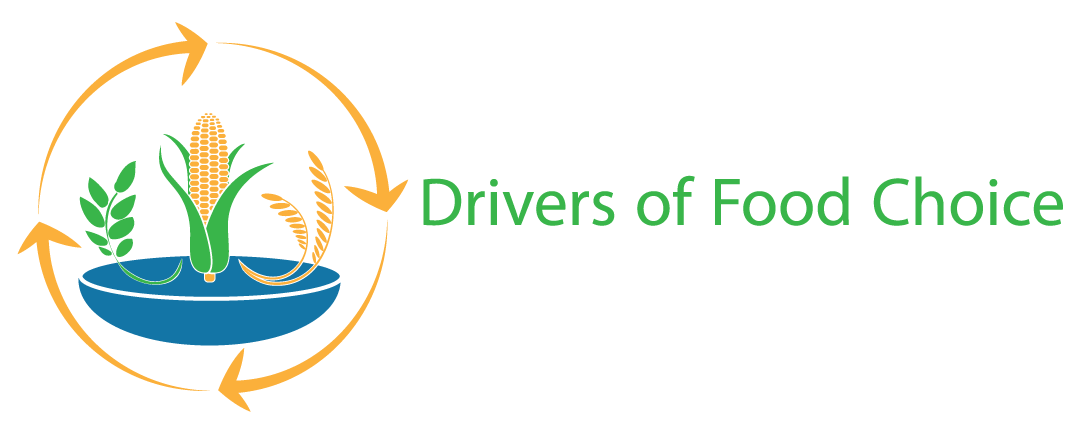DFC Competitive Grants Program
Ongoing DFC Research
The DFC competitive grants program funded 15 research projects in Sub-Saharan Africa and South and South East Asia across two rounds of funding. Projects funded in Round 1 are ending in calendar year 2019; projects funded in Round 2 will end in calendar year 2020.
The fifteen projects address the questions of what, how, and why food choices are made – the heart of the science of food choice – and examine one or more topics within the following categories of drivers: 1) sociocultural drivers, 2) food environment and food system drivers, and 3) policy, program, and intervention drivers.
Ultimately, the research findings generated through our program will provide valuable insights for policymakers and global health specialists to devise nutrition and health policies that better serve the rapidly changing population health needs in LMICs.
DFC projects implement interdisciplinary, mixed-methods study designs across diverse settings and populations in low- and middle-income countries to build knowledge and generate evidence on a wide range of topics related to drivers of food choice.
DFC Research: Categories and Topics
The set of DFC research projects covers three overarching categories of drivers: sociocultural, food environments and food systems, and policy, program, and intervention.
In the Request for Proposal documents for Rounds 1 and 2, an illustrative but non-exhaustive list of research topics within each category was provided (Table 1). Please refer to our archive for the RFPs and further information on the now-closed competitive grants program.
Integrating DFC Concepts into Research
Decision-making processes and behaviors at the individual and household levels are central to food choice. The 15 DFC projects aimed to investigate the “how” and the “why” of the choices that individuals make about the foods they obtain and consume in addition to the “what,” or the choice that is ultimately made.
Addressing the “how and why” requires systems thinking that situates an individual and their choices within their environment. Furthermore, systems thinking places emphasis on the processes that link an individual’s decision-making to their environment. As such, the majority of DFC projects feature multi-level designs with research topics that span at least two of the categories of drivers depicted in Table 1.
The objectives, goals, and themes and topics addressed by each of the 15 DFC projects are shown in Table 2.
